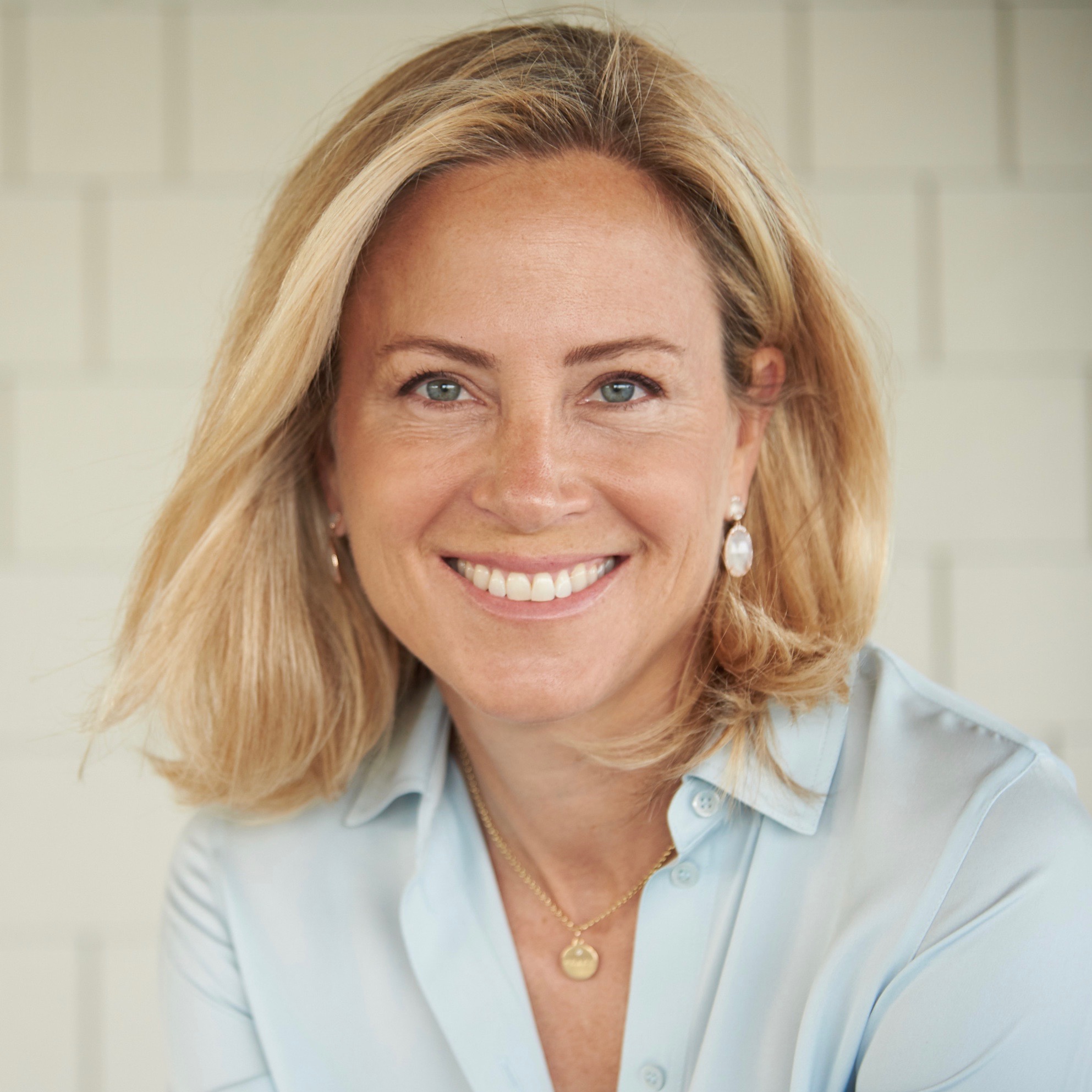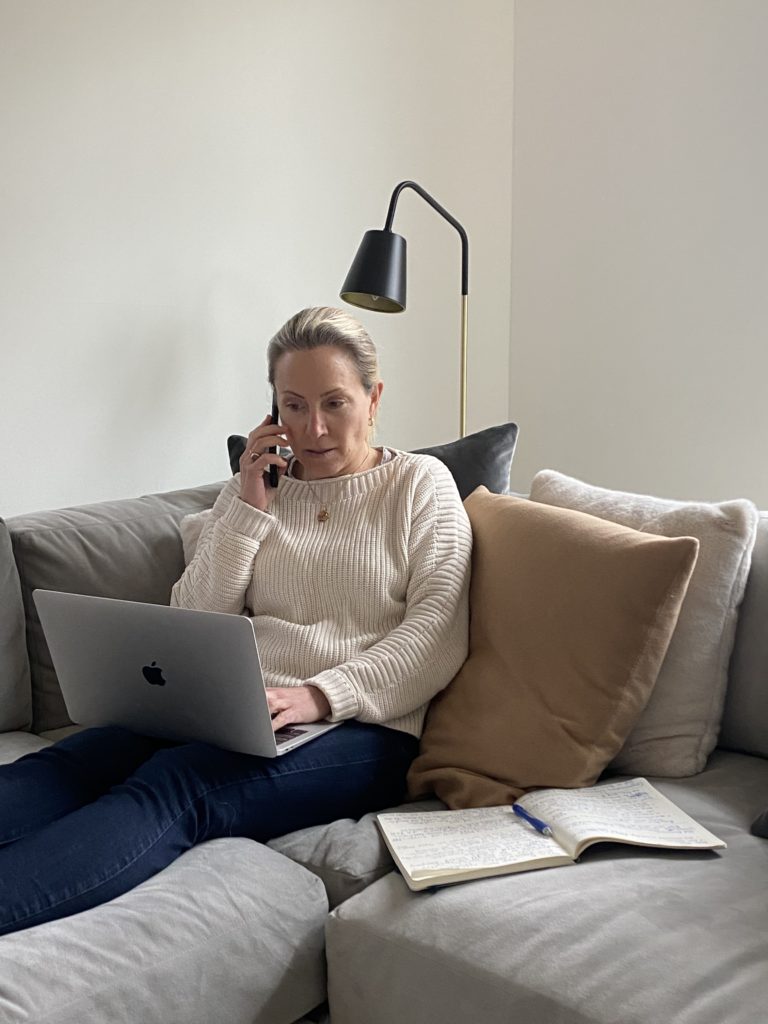
Courtesy of Alex Kasser
As most of us stay home and follow the news regarding the latest policies enacted to help battle COVID-19, Connecticut state Sen. Alex Kasser is working to shape those policies for her community from the ground up.
Kasser — a Ph.D. candidate at Yale in environmental health law and policy — represents the 36th district of Connecticut, which comprises all of Greenwich as well as part of Stamford and New Canaan. Serving since November 2018, she now takes on the responsibility of protecting her constituents from the effects of the pandemic, even as the closure of the state legislature prevents her and her colleagues from passing legislation.
“The legislative process stopped completely,” said Kasser. “In one sense, our regular workload completely disappeared. There is literally nothing we could do on any legislation. But a totally new responsibility emerged, which is even more urgent than anything any of us have dealt with before, which is: How do we save lives? How do we save our economy? How do we protect people, both from a health perspective and from an economic perspective?”
Like much of the country, Kasser is doing her job from home, but she finds herself busier now than ever before. Her days start with a conference call with the Emergency Operations Center of Greenwich. She and other members of her community are briefed on the spread of the virus, new issues and how executive orders from Gov. Ned Lamont’s administration are being implemented locally. After that, she has a call with her caucus, in which all the Democratic state senators share information, resources and answers, as well as organize their efforts to combat the virus.

While her afternoons consist of making policy suggestions, joining conference calls and trying to watch the press conferences of Lamont and New York Gov. Andrew Cuomo, Kasser also tries to answer emails from her constituents throughout the day. Every few days, Kasser compiles all of the most pertinent information into an email to send to her constituents.
“What I try to do is digest the most important information and policies that have come out in the last day or two and put it into an email that I send out to my constituents,” said Kasser. “And then the next day I get lots of comments on that. Some of them are really appreciative, and others are really critical. I try to answer everybody, and that takes time.”
While they cannot pass legislation themselves, state senators can work to make change by attempting to influence policy decisions of the executive branch. Kasser and the other state senators do this in many ways, including sharing information with Lamont’s administration about the situation on the ground, writing letters to the governor and others in his administration, and suggesting policies to address the rapidly changing conditions.
Despite the uncertainty and learning curve that came with adjusting to the new ways of doing her job, Kasser has been able to achieve small victories. One of the achievements she is proudest of is the “Safe Store Rules” she drafted. As soon as the state began to seriously implement social distancing policies, Kasser was hyper-alert to the potential routes of exposure of the coronavirus and quickly began drafting suggestions for how to protect people from exposure in public spaces. Basing her suggestions on what other parts of the country and other parts of the world were doing, she submitted her recommendations to Lamont’s administration. A few days later, she saw some of her changes enacted on the state level, including limiting the number of people allowed in stores at a time, sanitizing cart handles between uses, and enforcing a six-foot minimum distance between people standing in line outside.
Describing herself as an “incurable optimist,” Kasser feels lucky to be safe, healthy and secure. However, the rapidly changing circumstances often overwhelm her, and she finds herself feeling “useless, since we don’t have a direct ability to make change anymore.” Despite this, Kasser feels a sense of responsibility to serve, which has driven her to find new ways to be useful.
“Part of it is recognizing that I can’t know everything or do everything at the same time,” said Kasser. “You have to have some level of patience, and that was hard for the first few weeks, but now I would say I’m more in a routine of acknowledging that I am limited. My power is limited and my reach is limited. But even within all those limitations, I’m still going to try to do the most that I can to help.”
Julia Bialek | julia.bialek@yale.edu
This story is part of a larger series profiling Yale and New Haven community members during the COVID-19 pandemic. To read more, click here.
Correction, April 16: A previous version of this article noted that Kasser was hyper-alert to the potential roots of exposure of the coronavirus. The article has been updated to reflect that she was hyper-alert to the potential routes of exposure, not roots.







